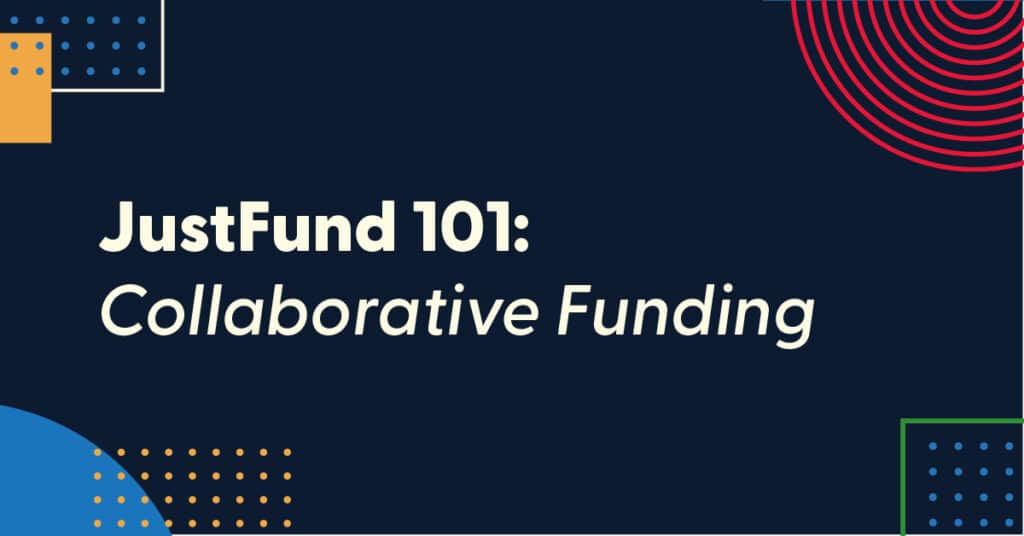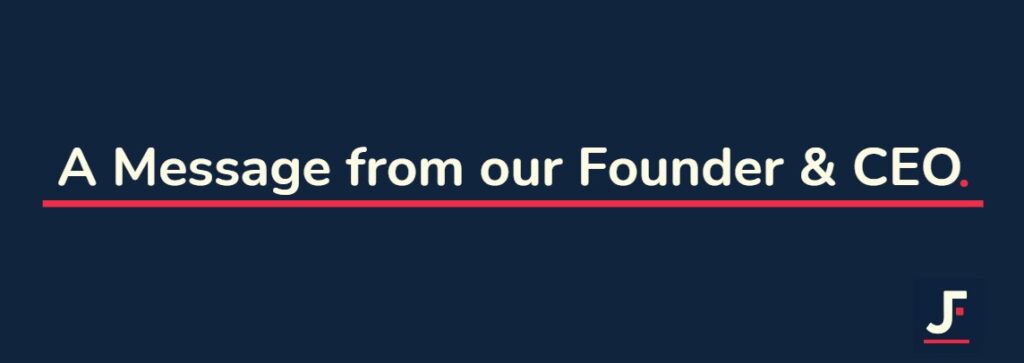Blog Post

Collaborative Funding
What is Collaborative Funding?
Collaborative funding is the practice of grantmakers coming together to learn, share information and knowledge, and sometimes, align resources for organizations supporting a specific goal. When grantmakers join forces around a common purpose, collaborative funding maximizes collective impact by coordinating strategy, learning, and funding in alignment with other grantmakers, while reducing the burden on applicants by utilizing one application.
What is the approach?
There are many approaches when it comes to collaborative funding, but they generally begin with a network of grantmakers asking “why”, “what”, and “how”.
Why are you coming together to give? What impact are you trying to achieve together and how will you get there? When funding collaboratively, there is often a shared vision and set of desired outcomes across all participating grantmakers to ensure members are aligned on purpose and intended impact.
Since every collaboration is as unique as the people and organizations within it, it’s also important to be intentional on how the collaborative fund plans to equitably carry out its purpose.
Why does it matter?
Due to the global COVID-19 health crisis and the renewed public outcry for racial justice, grantmakers are answering the call for more strategic, impactful, and equitable grantmaking approaches. An example of this seismic change in philanthropy is the rise in collaborative funds.
Collaborative funds can address social and racial inequities by simplifying the grantmaking process, quickly moving a diverse set of resources to underfunded communities, and maximizing giving impact and shared learning. For grassroots and BIPOC-led organizations that may be limited in time and resources, collaborative funding also helps keep grantseekers from having to apply to multiple opportunities and protecting their staff time to advance mission-related work.
Who is using it?
One example of a JustFunder using a collaborative funding model is the Atlanta Emergency Response Collaborative (AERC), a group of 20 family foundations that came together in the wake of the COVID-19 outbreak to accelerate and simplify the grantmaking process to Metro Atlanta’s nonprofits providing direct services to vulnerable populations.
The collaborative used JustFund’s common application, which allowed nonprofits to share their needs with all members of the collaborative at once, and allowed participating grantmakers to see which organizations applied, received funding, and at what levels. In just three months, the AERC members issued $5.6M via 181 grants to support urgent relief needs including food insecurity, housing, and job loss. AERC is a great model for how networks of grantmakers can practice collaborative funding by working together and moving money quickly in a specific region (also called Regional Grantmaking).
Who does it benefit?
Collaborative funding benefits both the grantseekers and the grantmakers. Grantseekers have access to multiple funders via one Fund while grantmakers are able to learn in community with other funders, mitigate risk by granting in alignment with others, and help support organizations that may not be eligible for direct funding from their institution.
How it all connects
At JustFund, we aim to #ResetPhilanthropy by breaking down barriers to move resources to the communities that have been historically excluded from traditional philanthropy. According to a recent report by The Bridgespan Group, BIPOC-led organizations receive only 4% of all philanthropic dollars. Our growing community of values-aligned JustFunders aim to change that. In addition to providing a simplified and equity-centered solution to grantmaking, we also offer connections to other JustFunders, and expert support for grantmakers on their journey to put into practice trust-based and equitable principles in their grantmaking approach.
If you are a grantmaker who is interested in collaborative funding—we’d love to schedule a first consultation and to show you how JustFund can support you along the process. To learn more about collaborative funding, check out this resource guide by Grant Craft.

